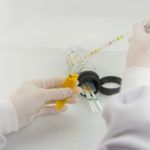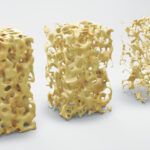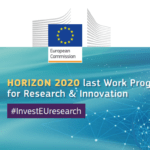The members of the soil microbiology laboratory of the University of Almeria – CIAIMBITAL – have published a study in the prestigious journal ‘Science of the Total Environment‘.
The Tabernas desert is important not only because of the great movie stars that have stepped on it, but also because of its great ecological and functional value. Even those that may seem more degraded, such as the deserts, can support a great diversity of life in ways that are not appreciable to the naked eye. This is demonstrated by a study carried out by members of the soil microbiology laboratory of the University of Almería-CIAIMBITAL- published by the prestigious journal ‘Science of the Total Environment’, in which they detail the important microbiological diversity of the arid soils of this area of southeastern Spain.
Precisely, July 7th was commemorated as International Soil Conservation Day, in memory of Dr. Hugh Hammond Bennet, an American researcher who dedicated his career to combining increased soil production with care for this valuable resource.
The authors argue that the differences in the taxa of bacteria are due to the fact that they are influenced by the types of biocosts that cover them, as these cause particular microclimatic conditions, as well as changes in the physical-chemical properties of soils and the occurrence of symbiosis and/or commensalism relationships between bacteria and biocosts.
This knowledge is of great ecological value, since the same as the series of vegetation typical of a place, where herbaceous, shrub and even tree species grow under climatic conditions, with this study the bases can be established to know how the bacterial species grow from degraded arid soils to soils with greater biological development on their surface.






Leave a Reply